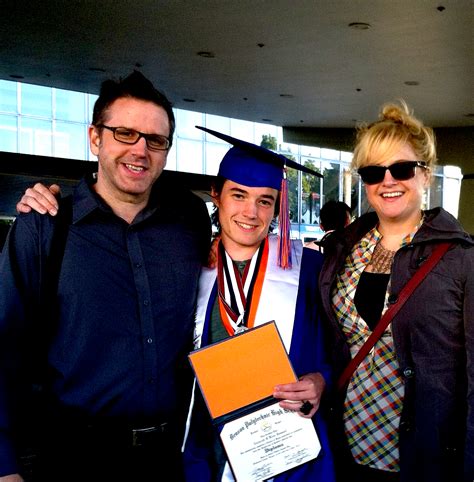A Quote by Joe Meno
Most novels put out by small or corporate presses don't really sell that well - usually a thousand copies or so. Working with a small press, you have to be willing to book reading tours, plan events, make contacts with other small press authors, and find new ways of getting word about your new work out there.
Related Quotes
Once upon a time, an editor could try out one or two wacky books, knowing full well that their list would counterbalance any risk with a stable of best-sellers and safe bets. Nowadays, every book must earn its own bread. With low overheads and an often episodic operating status, the small independent press is nicely placed to snap up the most innovative literature going at the moment. To take the risks. Meaning that small presses are no longer just outfits set up to publish your or your friends' work. They have something genuinely important to offer.
I know that some of the folks in the press are uptight about this [moving the press corps out of the West Wing ], and I understand. What we're - the only thing that's been discussed is whether or not the initial press conferences are going to be in that small press - and for the people listening to this that don't know this, that the press room that people see on TV is very, very tiny. Forty-nine people fit in that press room.
My idea was always to start with a small press and then move up to a national press. I had those goals for my career from the time I was a very young woman. I wanted to win a local award, then I wanted a state or national award. Small press, big press. Some women fantasize about their weddings, their husbands, and children. I fantasized about what I wanted to accomplish with my books.
Like a lot of small press founders I was looking for a way into publishing - as well as a way out of academia. Without moving to London, I couldn't see a way of working for a publishing house whose work I liked. Believe it or not, the simplest way for me to get into publishing was to start my own press.
You know how some people are upwardly mobile? I'm sort of downwardly mobile in the publishing world, because of my sales figures and also because of the kind of books I write. Everything really counts on sales. I started out with a bigger press, my first few books. But I've always done some things with independent and small presses and small magazines and I always will.
Despite wanting to work in publishing, I was a publisher's worst nightmare: I rarely bought new books. So my goal was to publish the kind of books I would buy, and read. My reading habits have changed since starting the press. The only other "goal", per say, is to continue to experiment. I don't want the press to ever fall into a formula, or to be pigeonholed - "They do great reissues of modernist poets!" - I want to keep pushing, exploring the kind of title we can get away with. And working with authors who challenge the way I think about writing, editing and reading.
There's a reason that so much good material is coming down to the small presses: it's difficult to turn a profit, all things considered. But you can't go into small press publishing and complain about the money. Our Little Island publishing just needs to survive. If we're still around in a few years - in vaguely the same shape as we are today - then, to me, that's success.
In one sense, you put a lot of yourself into a small press - it's your personal tastes that are on the line - so when criticism is levelled it can feel personal. But, on the other hand, it can be very welcome and necessary. You're never entirely impervious, and one of the main benefits of being a small operation is that you can change the way you do things quickly in response to criticism. In all instances it pays to have a sense of humour and perspective.


































